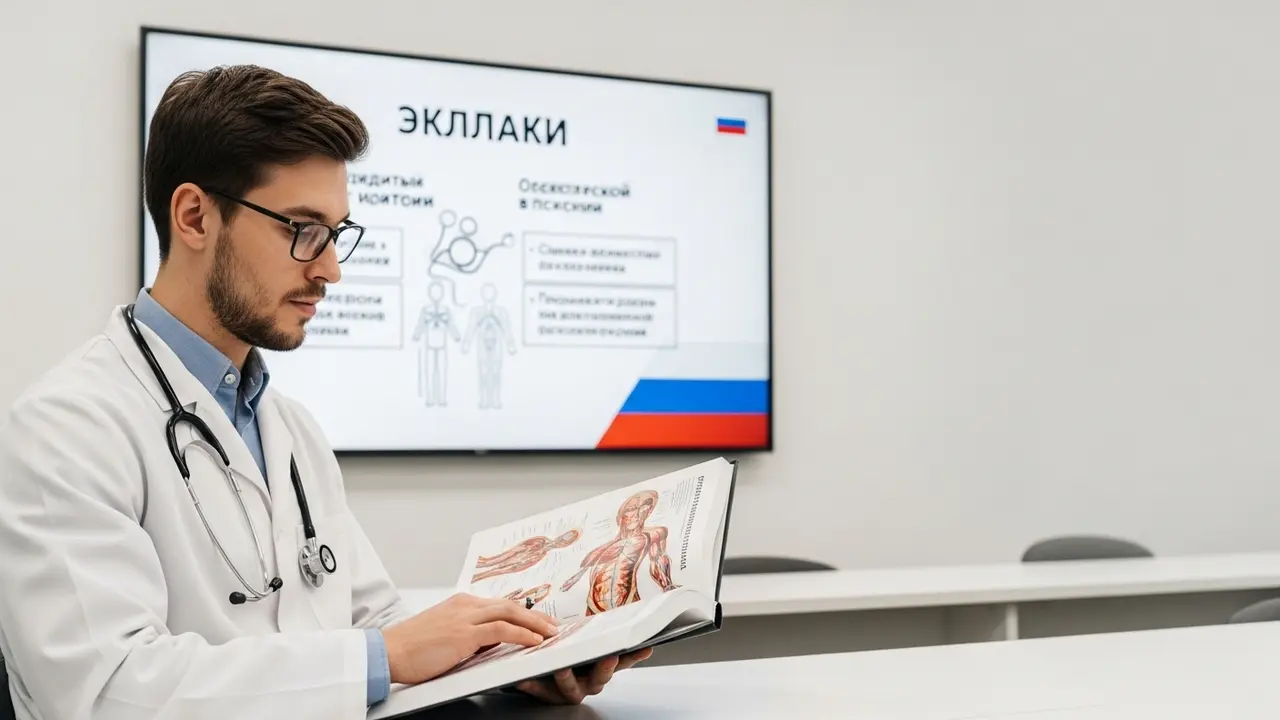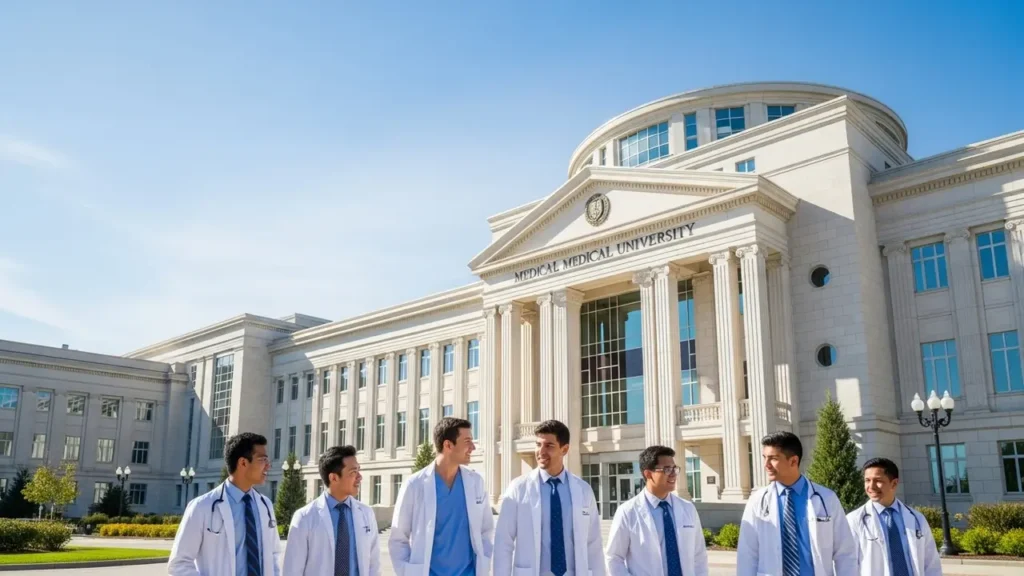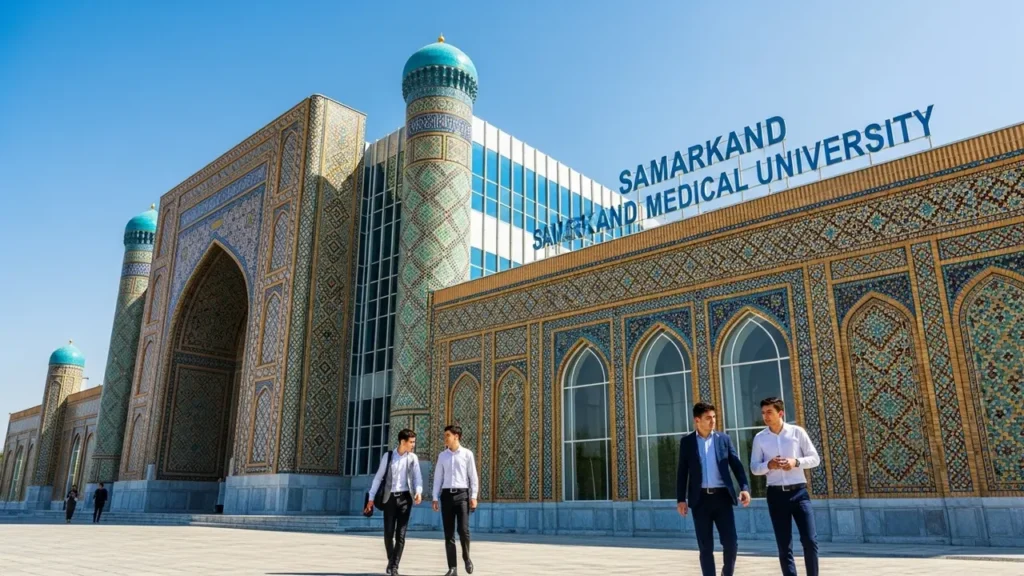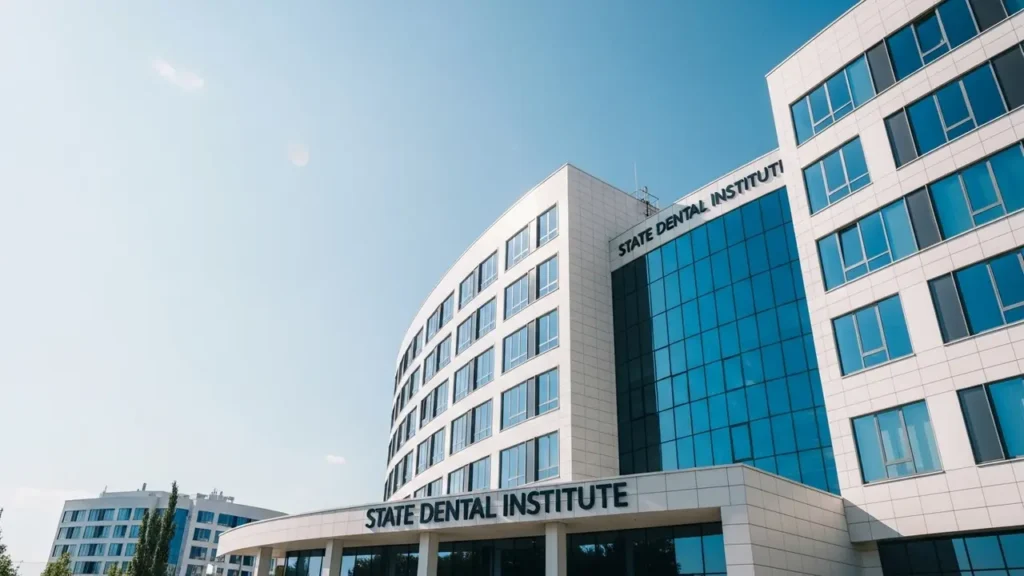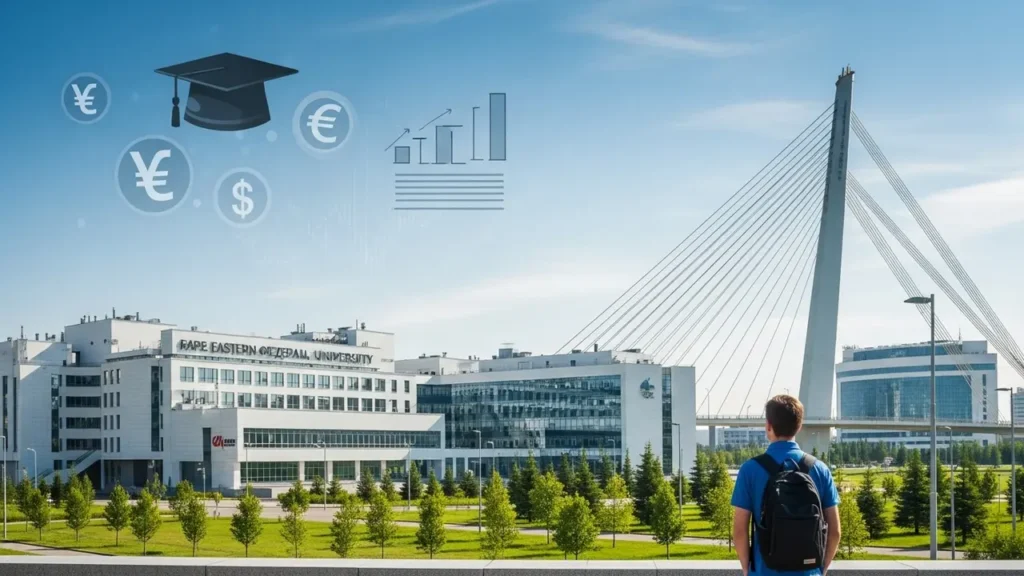Your No-Stress Guide to Russia’s MBBS Syllabus for 2025
Let’s talk about a problem I’ve seen too many students face. You want to study medicine in Russia – great choice! Low costs, solid education, global opportunities. But here’s the catch: figuring out what you’ll actually learn. Scrolling through dozens of websites? Getting three different answers from three different consultants? Been there.
Last month, a student told me she almost chose a university teaching 1990s-era HIV protocols. Would’ve tanked her NMC eligibility. That’s why we’re breaking down Russia’s updated MBBS curriculum – straight from university handbooks – in plain English.
The Blueprint: 6 Years, 3 Stages
Medical school here works like building a house:
- Years 1-3: Laying the foundation (book smarts)
- Years 4-5: Framing the structure (clinical skills)
- Year 6: Putting on the roof (real patient care)
First Three Years: Science Bootcamp
Year 1 hits you with the essentials:
- Anatomy (think: human Google Maps)
- Biochemistry (your body’s instruction manual)
- Physiology (how systems work together)
Pro tip: Buy a good anatomy atlas. My Ukrainian classmate Nadia swears by the “Netter’s Atlas” – it got her through 2am study sessions.
The Middle Years: Hospital 101
Year 4 changes everything. Suddenly you’re:
- Taking blood pressure readings that actually matter
- Spotting pneumonia on X-rays
- Learning when to say “I need help” (crucial skill!)
One student in Kazan told me his first successful IV insertion felt like “winning the World Cup of medicine.”
Final Stretch: Doctor Mode Activated
Year 6 isn’t just about textbooks. You’ll:
- Manage real patient cases from start to finish
- Assist in surgeries (gloves on!)
- Navigate the ER’s controlled chaos
New rule alert: NMC now requires 12 months of hands-on training. Double-check your university’s internship program matches this.
Why This Matters More Than Ever
India’s medical licensing exam (NExT) failed 34% of candidates last year. Most common reason? Gaps in clinical training. Russian schools on the NMC approved list – like Kazan Federal or Far Eastern Federal – align their programs specifically to prevent this.
Three questions to ask any university:
- How many live patient cases do students handle by Year 5?
- Is pharmacology taught using WHO-approved drug lists?
- Do professors speak English during clinical rotations?
Remember: Your future license depends on these details. A friend learned this the hard way when her psychiatry rotation focused only on textbook cases, not actual patient interviews.
The Bottom Line
Russia’s MBBS program works – if you choose wisely. Focus on schools updating their curriculum yearly and welcoming international students. Want proof? Graduates from NMC-approved universities have 73% first-time pass rates on licensing exams.
Still unsure? Check university websites yourself. Look for phrases like “competency-based curriculum” and “NMC pattern training.” Better yet, email their international office asking for the 2025 syllabus PDF. Takes 10 minutes, saves years of headaches.
